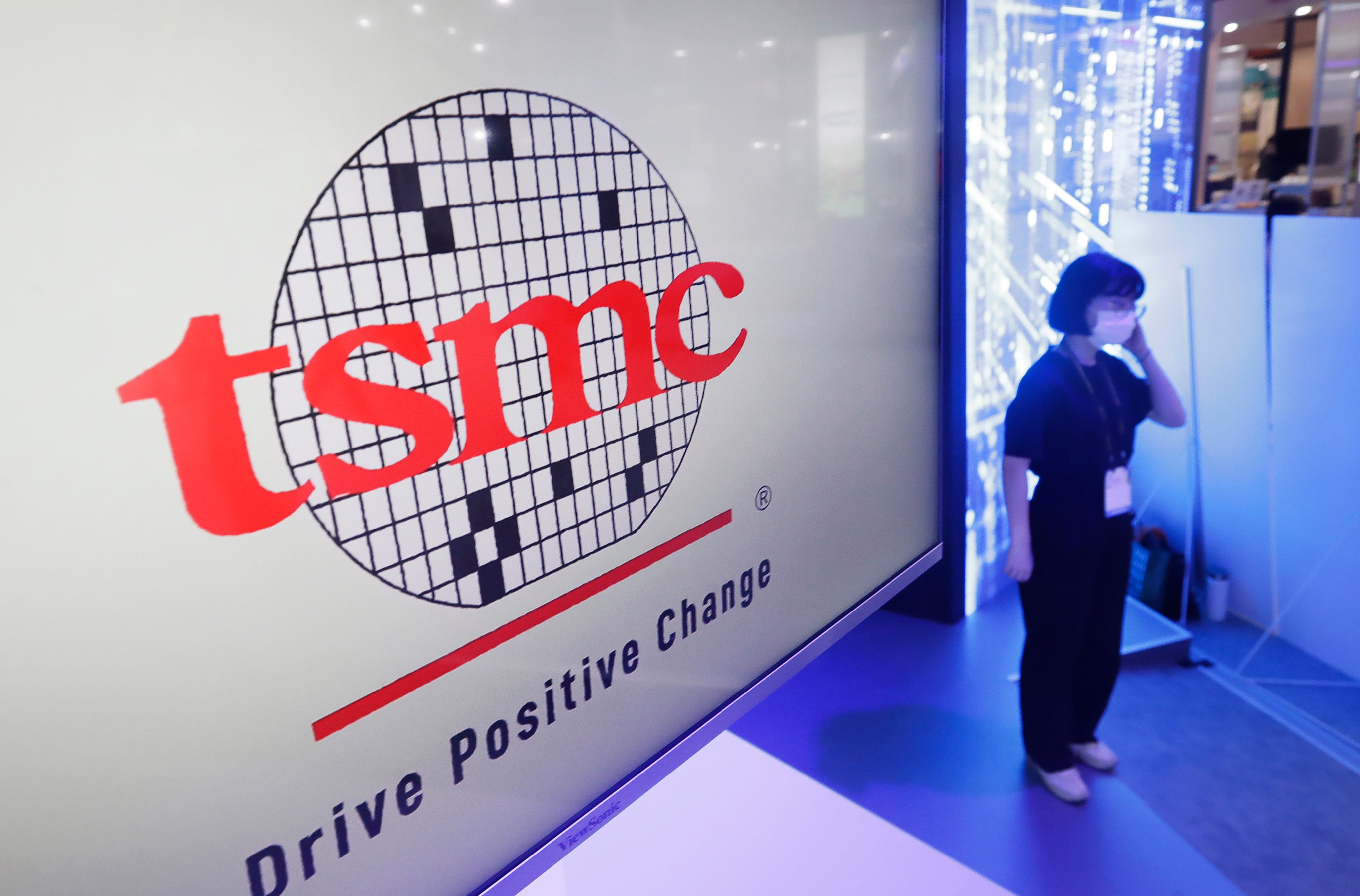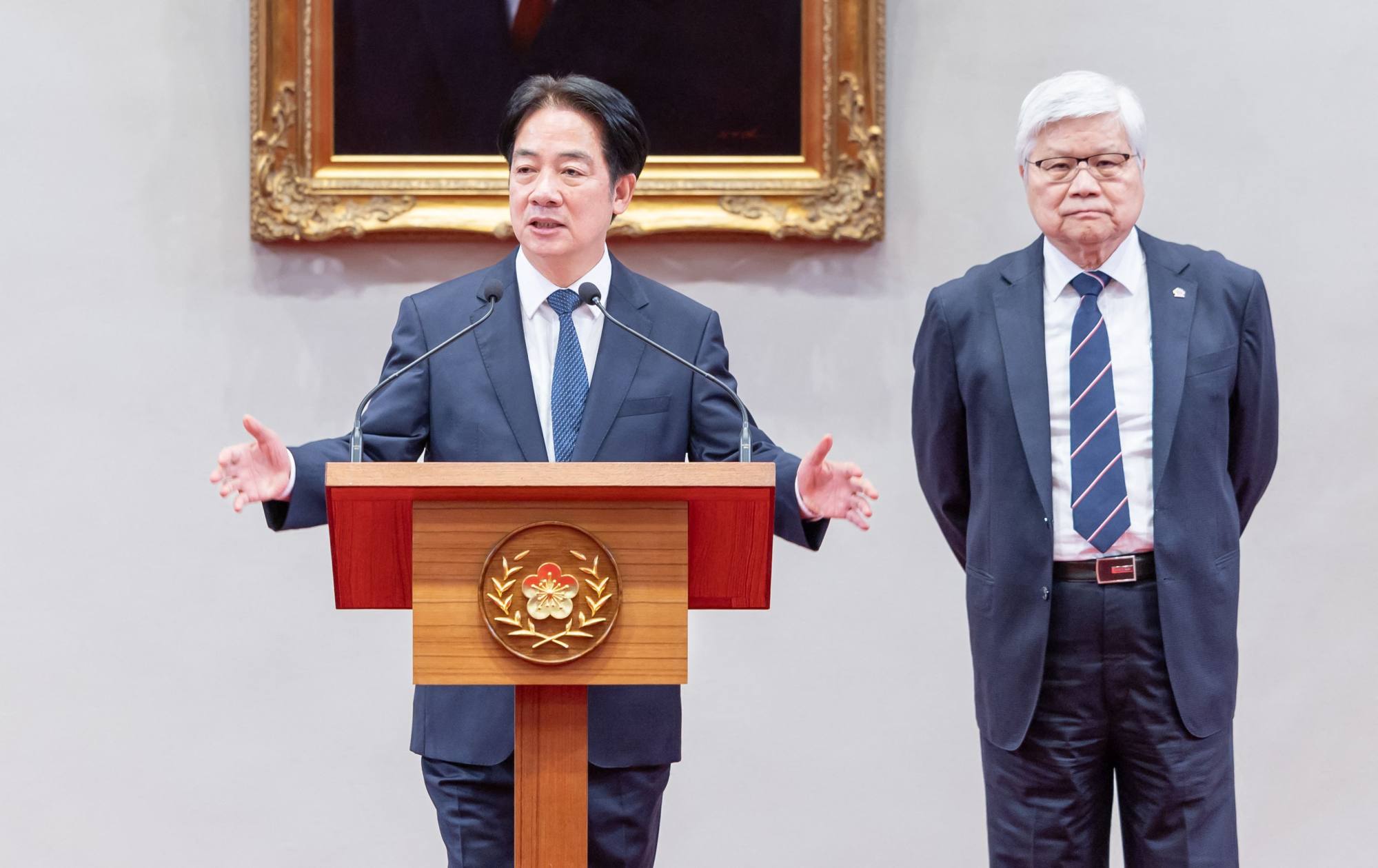Why Concern Is Growing In Taiwan About Chip Giant Tsmc’s Pledge To Invest In Arizona

Concerns are mounting in Taiwan about whether TSMC’s recent pledge to invest billions in Arizona under pressure from Donald Trump will undermine the island’s dominance in the global semiconductor industry.
Trump announced on Monday that Taiwan Semiconductor Manufacturing Company planned to invest at least US$100 billion over the next few years to build state-of-the-art semiconductor manufacturing facilities.
This investment will be allocated towards a research and development centre, two advanced packaging facilities, and three more semiconductor fabs in addition to the three already in operation or under construction in Arizona.
The additional funding brings TSMC’s total investment in the US state to US$165 billion, a move Trump claimed could help the chipmaker avoid tariffs.
The US president has repeatedly accused Taiwan of “stealing” from the US chip industry and has threatened to impose tariffs of up to 100 per cent on imported chips.
Max Lo, executive director of the Taiwan International Strategic Study Society, a Taipei-based think tank, said Trump had scored a significant victory with his aggressive tariff strategy, which has also seen him alternately threatening Canada and Mexico and then delaying the measures.
“Taiwan could not escape Trump’s ‘political blackmail’. So, it is no surprise that TSMC is pouring US$100 billion into the US under his pressure,” Lo said.
“But TSMC’s move to expand in the US will hurt its profits and could lead to a long-term decline in stock prices,” he warned, adding that Taiwan’s semiconductor industry might face the risk of being hollowed out.
Tsai Houng-ming, a finance professor at Taiwan’s Tamkang University, said TSMC’s investment was a key component of Trump’s “Made in America” initiative, but expressed concern at the long-term implications.
“The US government’s goal is not just to secure a domestic chip supply but to gain control over global semiconductor technology. This means that TSMC will not only need to invest massive capital but also face US pressure on technology transfers, rising labour costs, and an underdeveloped local supply chain,” he said.
“In the long run, if TSMC becomes overly dependent on the US market, Taiwan’s semiconductor industry could lose its autonomy.”
Huang Huei-hua, director of the Taiwan Global Talk think tank in Taipei, warned that Trump’s policies were disrupting the semiconductor market and increased the potential for technology leaks.
“It seems TSMC has used this investment plan to sidestep Trump’s push for it to invest in or acquire Intel, which is struggling with business, technology, and market challenges. But in the end no one knows if Trump will stop his plan to pressure TSMC to save Intel in the future,” she said.
She said the cost of its US investments was already hitting TSMC’s profit margins, adding: “Moreover, the US lacks engineers as dedicated as those in Taiwan. Simply having TSMC in the US is not enough; without Taiwanese engineers, replicating the technology will be difficult.”
She also said: “No one can say for sure whether TSMC’s US investment will truly satisfy Trump, and there is a likelihood that he may still impose tariffs on non-TSMC chips or other Taiwanese businesses to reduce the trade deficit with the island, which stood at around US$65 billion last year.”
Beyond tariff pressures, TSMC’s massive investment has also fuelled concern in Taiwan that it may effectively become an American company, undermining the concept of the “silicon shield” – in which dominance in semiconductor manufacturing acts as a strategic deterrent to attack from mainland China.
“Taiwan is now caught in a security dilemma. The US gains TSMC’s investment, ensuring American supply chain security, while Taiwan’s own security becomes more precarious,” Huang said.
“Taiwan’s geopolitical advantage is diminishing, and the loss of this security buffer is a source of collective anxiety for Taiwan.”

Trump did not directly answer the question when asked on Monday whether TSCM’s investment in Arizona could safeguard the US against chip shortages in the event of a cross-strait conflict.
Instead he said “that would be a catastrophic event obviously, but it will at least give us a position where we have this very, very important business … so it would have a big impact if something should happen with Taiwan”.
Beijing considers Taiwan part of China and has vowed to reunify the island with the mainland – by force if necessary.
While the US, in common with most countries, does not recognise Taiwan as an independent state, it is opposed to any attempt to seize the island by force and remains committed to arming Taiwan for its defence.
Analysts said Taiwan’s predicament was reminiscent of Ukraine’s.
“It is widely known that Trump has no intention of sending troops to defend Taiwan. As long as TSMC remains in Taiwan, the US has a vested interest in protecting it,” Lo said.
“But if advanced semiconductor manufacturing is relocated to the US, what incentive does America have to intervene in a Taiwan Strait crisis? If war breaks out, will the US simply say, ‘This should never have happened’ and watch from the sidelines? The lessons from Ukraine are fresh in our minds.”
Tsai said: “If Washington views TSMC as a strategic asset in the supply chain, it may push for further US production while restricting Taiwan’s domestic semiconductor development. If Taiwan’s technological edge erodes, its bargaining power in global affairs will weaken – affecting both its economy and national security.”
To ease growing concerns in Taiwan over the US investment, the island’s leader, William Lai Ching-te, and TSMC chief executive C.C. Wei held a press conference on Thursday to reassure the public that it would not harm the island’s semiconductor industry.
“Our US investment plan will not impact TSMC’s expansion in Taiwan,” Wei said, adding that all of the company’s expansions were demand-driven, including projects in Japan and Germany. “Now, we are increasing our investment because demand from US customers is extremely high.”
Lai hailed the investment as a “historic moment for Taiwan-US relations”, saying his government faced “no pressure” from Washington over TSMC’s latest investments and would ensure that the chipmaker received continued support for its domestic expansion.
Popular Products
-
 Bloody Zombie Latex Mask For Halloween
Bloody Zombie Latex Mask For Halloween$98.78$61.82 -
 Devil Horn Headband
Devil Horn Headband$24.67$10.46 -
 WiFi Smart Video Doorbell Camera with...
WiFi Smart Video Doorbell Camera with...$44.99$30.78 -
 Smart GPS Waterproof Mini Pet Tracker
Smart GPS Waterproof Mini Pet Tracker$43.99$29.78 -
 Unisex Adjustable Back Posture Corrector
Unisex Adjustable Back Posture Corrector$51.99$35.78